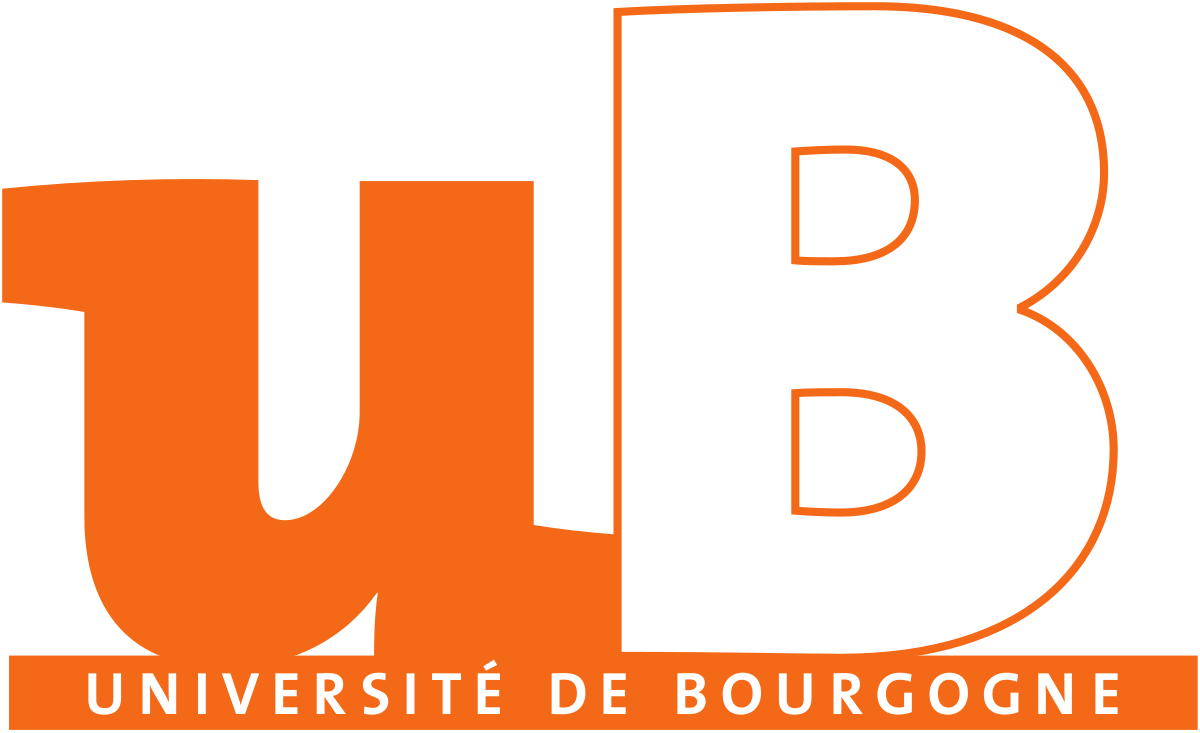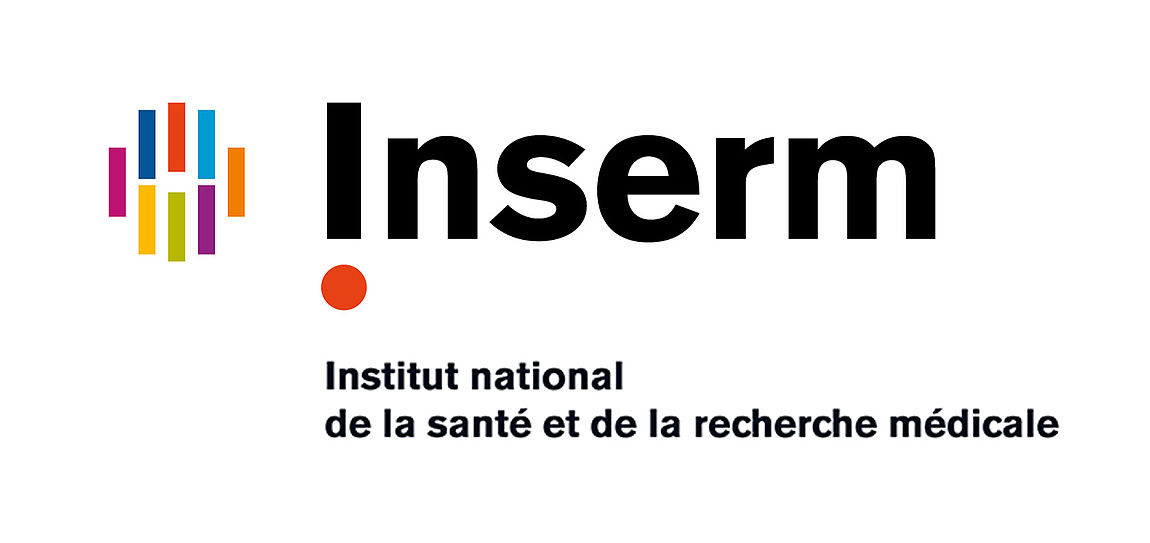Dominique Delmas
Deputy director
INSERM Research Center U1231 “Lipids, Nutrition, Cancers”
Cancer and Adaptive Immune Response Team
Bioactive Molecules and Health research group
Faculty of Health Sciences
7 Bd Jeanne D’Arc 21 000 Dijon, France
Email: dominique.delmas@u-bourgogne.fr
Dominique Delmas is currently full professor in Biochemistry, Cellular and Molecular Biology at the University of Bourgogne (France). He exercises the function of Deputy Director of the Inserm Research Center Unit U1231 “Lipids, Nutrition, Cancers” in Dijon where he manages a research group entitled “Bioactive Molecules and Health” within the Inserm team “Cancer and Adaptive Immune Response”. He received his PhD. on December 16th, 2002 concerning the potential antitumor effects of polyphenols among them resveratrol. In 2009, he obtained his Research Management Habilitation and was rewarded four times by the French Research Ministry with the Scientific Excellence Price. The main research objectives of his group are to develop and to coordinate multidisciplinary and translational research from laboratory to clinical applications, including 1) the determination of early biomarkers in response to treatment; 2) the identification of new potential targets and the development of new therapeutic strategies by the use of molecules with low toxicity with a special attention on polyphenols. Due to the experience acquired in the field of natural substances and their implications in biology, he is an expert for many national and international organizations and member of the editorial board of several scientific journals (PLOS One, ACAMC, Nutrients, ROS journals). He has authored or coauthored over 100 original papers and comprehensive reviews on polyphenols health effects. He has also contributed to over 20 books chapters concerning the molecular mechanisms of polyphenols in tumoral cells and 118 international communications.


Abstract
A new life of micronutrients from the Mediterranean diet in health: polyphenols from grape wine / omega-3 fatty acids association and red wine extract to counteract ocular degenerative diseases.
Dominique Delmas (1,2,3)
1.Université de Bourgogne Franche-Comté, 21000 Dijon, France
2. INSERM Research Center U1231- Cancer and Adaptive Immune Response Team, Bioactive Molecules and Health Research Group, 21000 Dijon, France
3. Centre Anticancéreux Georges François Leclerc Center, 21000 Dijon, France
Correspondence: dominique.delmas@u-bourgogne.fr; Tel.: +33-380-39-32-26
More recently, studies have shown that polyphenols could also prevent or improve vision in patients with ocular diseases and especially Age-related macular degeneration (AMD) which is an eye disease characterized by damage to the central part of the retina, the macula, and that affects millions of people worldwide. Despite therapeutic advances thanks to the use of anti-vascular endothelial growth factor (VEGF), many resistance mechanisms have been found to accentuate the visual deficit. In the present study, we explored whether a supplementation based on mediterranean diet associating polyphenols from red wine and omega-3 fatty acids was able to counteract laser-induced choroidal neovascularization (CNV) in mice and moleular mechanism involved in neaovasculariation of AMD. We highlight that the formulation, Resvega®, composed of DHA/EPA and resveratrol, significantly reduced CNV in mice and a proteomic approach confirmed that Resvega® could counteract the progression of AMD through a pleiotropic effect targeting key regulators of neoangiogenesis in retina cells in vivo. These events were associated with an accumulation of resveratrol metabolites within the retina. A molecular analysis revealed that Resvega®, inhibited VEGF-A secretion in vitro by disrupting the dissociation of the VEGF-R2/Cav-1 complex into rafts and subsequently preventing MAPK activation and inhibits the phosphorylation of the inhibitor of NFκB, IκB, which can bound NFκB dimers and sequester them in the cytoplasm. Moreover, DNA ChIP analysis reveals that this combination prevents the interaction between AP-1 and vegf-a and vegf-r2 gene promoters. Very interestingly, we highlight that Resvega® could prolong the anti-angiogenic effect of Avastin®, which is an anti-VEGF agent typically used in clinical practice. Furthermore, rcent resultst have shown that a mixture of red wine extract present same effects to counteract the over secretion of VEGF in human retina cells. Therefore, a supplementation of omega-3/resveratrol or with red wine extract could improve the management or slow the progression of AMD in patients with this condition.
This work was supported by grants from the ANRT N°2016/0003, by a French Government grant managed by the French National Research Agency under the program “Investissements d’Avenir”, reference ANR-11-LABX-0021, the Conseil Régional Bourgogne, Franche-Comte (PARI grant) and the FEDER (European Funding for Regional Economic Development) and the Bureau Interprofessionel des Vins de Bourgogne (BIVB).
